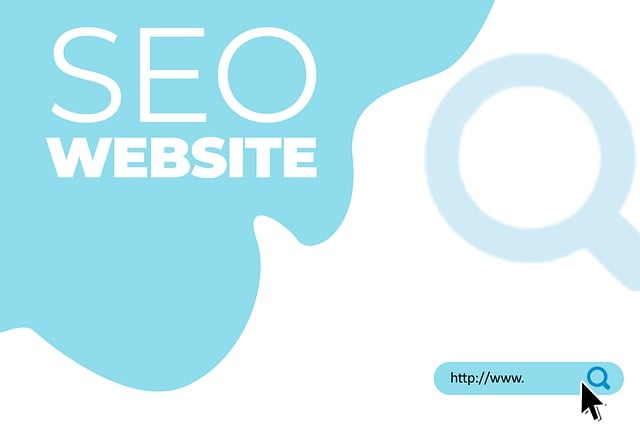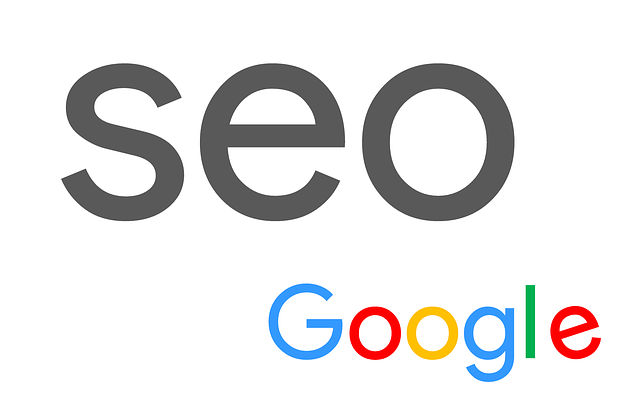In 2025, SEO Trends are driven by personalization, powered by AI and ML. Search engines now adapt results based on individual user behavior and preferences, enhancing satisfaction with relevant content. This shift demands a deep understanding of user intent, influencing keyword research, content delivery, UX design, and marketing campaigns. Voice search, virtual assistants, and semantic search techniques further personalize experiences. However, ethical considerations around user privacy and data handling are crucial for building trust. By 2025, AI-driven tools will improve content matching accuracy, with personalized snippets and rich results becoming common. The integration of voice search and conversational AI will increase, blurring the line between content and advertising, as SEO strategies evolve to meet these changes in a more dynamic, user-centric digital landscape.
In the dynamic landscape of SEO, personalization is no longer an optional strategy but a defining trend. As search engines evolve, understanding and leveraging user-centric approaches are vital for dominating SEO Trends 2025. This article explores the transformative power of personalization in search engine optimization, delving into its impact on user experience, data-driven tactics, AI’s role, voice search integration, and ethical considerations. Get ready to navigate the future of digital marketing where personalized experiences drive online success.
Understanding Personalization in SEO: The New Normal

In the dynamic landscape of SEO Trends 2025, personalization has emerged as the new normal, fundamentally transforming how search engines interact with users. Gone are the days when one-size-fits-all content strategies held sway; today, algorithms actively tailor search results to individual preferences, behaviors, and contexts. This shift demands a profound understanding of user intent, often achieved through sophisticated data analytics and machine learning techniques. By leveraging personalized experiences, brands can create content that resonates with each user, boosting engagement and conversion rates.
Personalization goes beyond mere recommendation engines or customized landing pages. It permeates every aspect of digital marketing, from keyword research to content creation and delivery mechanisms. As search engines become ever more adept at interpreting human language and behaviors, the successful SEO strategies of tomorrow will prioritize individualized connections, ensuring that each user receives relevant, timely, and valuable information tailored specifically to their needs.
The Evolution of User Experience and Its Impact on Search Engine Rankings

The evolution of user experience (UX) is a significant driver in the ongoing transformation of SEO trends, particularly in 2025. As search engines like Google continue to prioritize user satisfaction and engagement, websites must adapt to meet these evolving expectations. In recent years, there’s been a noticeable shift from traditional, one-size-fits-all approaches to a more tailored, personalized experience. This shift is reflected in SEO strategies that focus on creating content and interfaces that resonate with individual users’ needs and preferences.
The impact of this evolution on search engine rankings is profound. Personalized UX not only enhances user retention and interaction but also provides valuable data that algorithms can leverage to deliver more relevant search results. By understanding user behavior, search engines can better determine the quality and relevance of content, leading to more accurate rankings. This, in turn, incentivizes website owners to invest in UX improvements, further refining the SEO landscape in 2025.
Leveraging Data-Driven Personalization Strategies

In the ever-evolving landscape of SEO trends in 2025, data-driven personalization strategies are emerging as a powerful force to enhance user experiences and search engine rankings. By leveraging robust data analytics tools, businesses can gain profound insights into their target audience’s preferences, behaviors, and pain points. This enables them to create highly tailored content, product recommendations, and marketing campaigns that resonate with individual users.
Personalization goes beyond simple product suggestions; it involves delivering a seamless, contextually relevant experience across all touchpoints. From search engine results pages to e-commerce sites and social media feeds, using AI and machine learning algorithms to predict user interactions can significantly improve engagement rates and conversion probabilities. As SEO trends in 2025 continue to prioritize user satisfaction and trust, data-driven personalization becomes a game-changer, ensuring businesses stay ahead of the curve in an increasingly competitive digital marketplace.
AI and Machine Learning: Revolutionizing Content Creation for SEO

In the ever-evolving landscape of SEO, Artificial Intelligence (AI) and Machine Learning (ML) are emerging as game-changers, transforming content creation strategies for 2025 and beyond. These technologies have the potential to revolutionize how we approach search engine optimization by personalizing user experiences at scale. With AI-powered tools, businesses can analyze vast amounts of data to understand user preferences and behavior, enabling them to create highly tailored content that resonates with individual audiences.
By leveraging machine learning algorithms, SEO trends in 2025 will focus on dynamic content generation, where websites adapt their material based on real-time user interactions. This personalized approach enhances user engagement, encourages longer browsing sessions, and reduces bounce rates—all factors that search engines consider when ranking websites. AI can also optimize meta tags, titles, and descriptions, ensuring each piece of content is finely tuned to attract the right audience and improve click-through rates.
Customized Search Experiences: Tailoring Results for Individual Users

In the evolving landscape of SEO trends for 2025, personalized search experiences are at the forefront, marking a significant shift in how users interact with digital content. By leveraging advanced algorithms and machine learning, search engines can now tailor results based on individual user behavior and preferences. This means that as users query specific terms or demonstrate particular interests over time, the search engine adapts to deliver highly customized results. Such a tailored approach enhances user satisfaction by presenting relevant information more efficiently, encouraging longer engagement times and lower bounce rates.
Customized search experiences further enable businesses to optimize their content strategy by understanding user intent better. By gauging individual preferences, companies can create targeted marketing campaigns and develop content that resonates with specific audiences. This level of personalization not only improves conversion rates but also fosters stronger user loyalty in the digital space.
The Role of Voice Search and Personal Assistants in Personalized SEO

The evolution of search behavior, driven by advancements in voice technology, is reshaping SEO strategies in 2025. With the widespread adoption of virtual assistants and smart speakers, voice search has become a prominent channel for users seeking information. This shift necessitates a paradigm change in how content is optimized; traditional keyword-focused approaches are no longer sufficient. Personalization becomes key to capturing the attention of voice searchers, who often rely on natural language queries. By integrating semantic search techniques and understanding user intent, marketers can craft responses that align with individual needs, thereby improving click-through rates and user satisfaction.
Personal assistants like Siri, Alexa, and Google Assistant play a pivotal role in this scenario. These AI-driven tools learn from user interactions, enabling them to deliver highly tailored results. SEO practitioners must adapt their content strategies to accommodate this personalized search environment. This involves creating content that resonates with specific user personas, incorporating conversational language, and ensuring mobile optimization for seamless voice interactions. Embracing these trends will be crucial for businesses aiming to stay relevant in the competitive SEO landscape of 2025.
Ethical Considerations: Privacy, Consent, and User Trust

As SEO trends for 2025 evolve, personalization plays a pivotal role in enhancing user experience. However, this shift towards highly tailored content and search results raises ethical considerations that must be addressed to maintain user trust. Privacy is at the forefront, with users increasingly concerned about their data being used to create personalized experiences. Brands must implement transparent data-handling practices, clearly communicating how user information is collected, stored, and utilized for personalization initiatives.
Consent is another critical aspect, with users expecting to have a say in what types of personalized content they receive. Opt-in models that allow users to choose their preferences ensure they feel in control of their online experience. Building trust through these practices not only aligns with ethical standards but also fosters long-term user engagement and loyalty, ensuring the success of any personalization SEO strategy in 2025.
Forecasting Future Trends: What to Expect in SEO Personalization by 2025

By 2025, we can expect a significant evolution in SEO personalization, driven by advancements in artificial intelligence (AI) and machine learning (ML). AI-powered tools will become even more sophisticated, enabling search engines to understand user intent on a deeper level. This will result in more precise matching between user queries and content, leading to improved search results and enhanced user experiences. Personalized snippets and rich results will be the norm, providing users with tailored information based on their browsing history and preferences.
Additionally, expect to see greater integration of voice search and conversational AI. As voice assistants become more prevalent, SEO strategies will need to adapt to accommodate natural language queries. This shift will encourage a focus on creating content that facilitates voice interactions, such as answering questions concisely and using conversational language. Moreover, the line between content and advertising may blur further, with sponsored results seamlessly integrated into search results, offering personalized recommendations based on user behavior.
